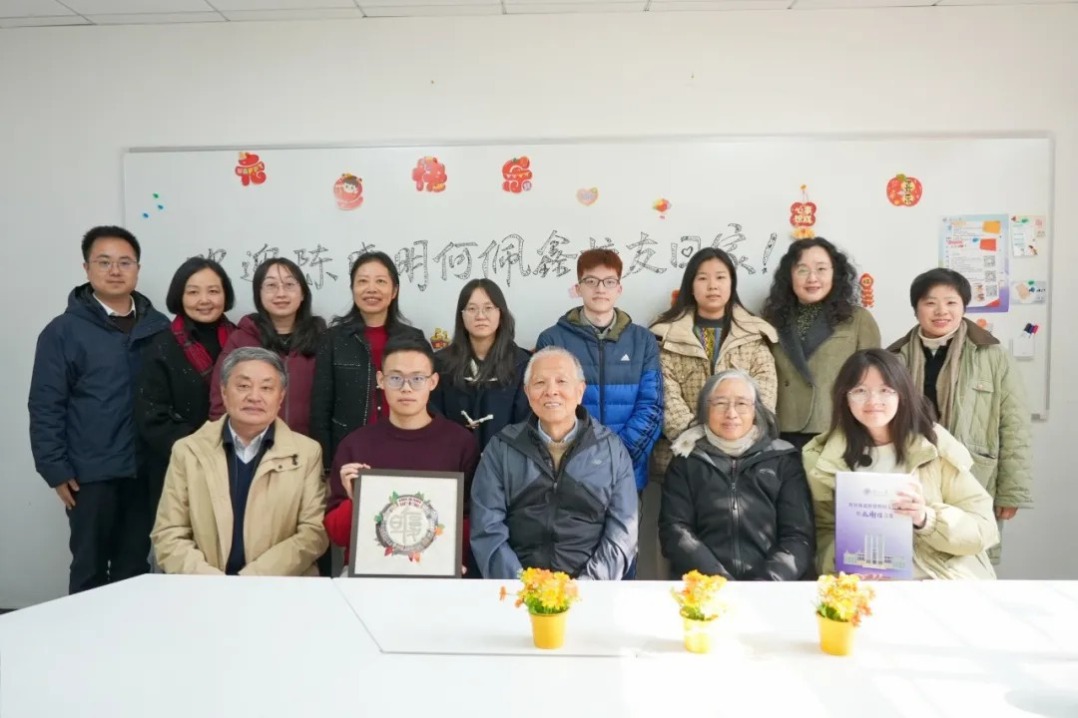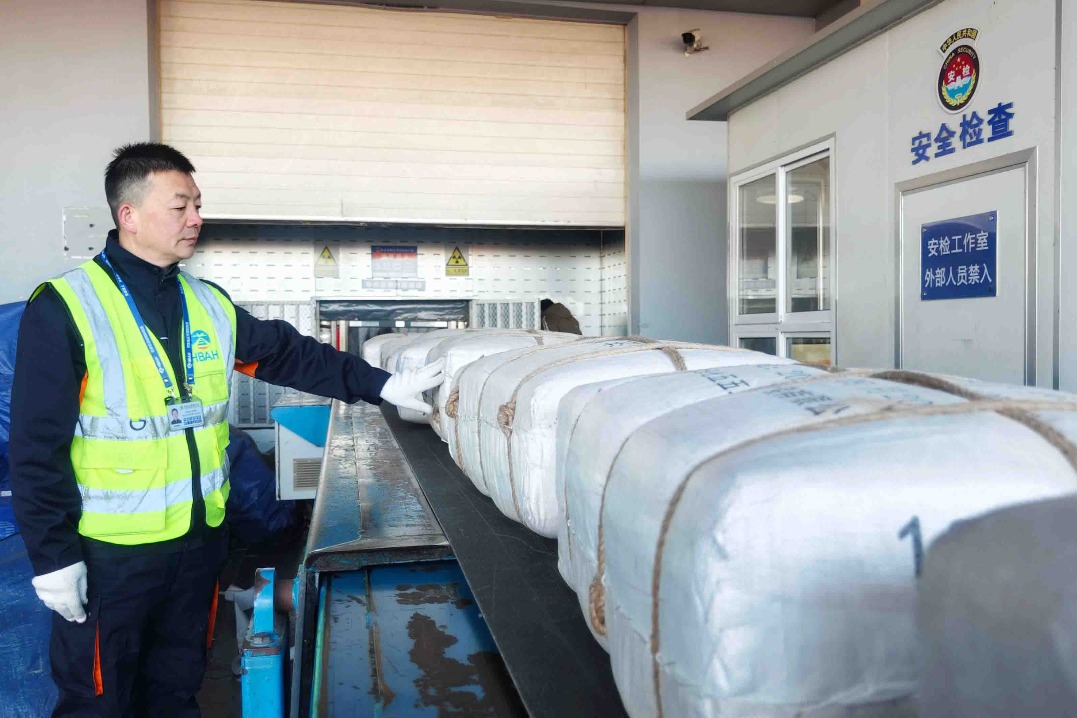China moves to improve public education

China plans to enhance public education services by adapting to demographic changes, revitalizing county-level high schools and reforming high school entrance exams, officials said at the 2025 National Education Work Conference.
The conference, which was held on Thursday and Friday in Beijing, set priorities for the year to advance the country's goal of becoming an "education powerhouse" emphasizing a people-centered approach to education development, the Ministry of Education said.
Measures to improve the quality of schools and regulate off-campus tutoring aim to ensure equality for vulnerable groups, the ministry said.
Wu Yongming, head of Jiangxi province's education department, highlighted the success of the province's restructuring of small-scale schools last year, which improved resource allocation without adding financial burdens on families or local governments.
"We'll keep exploring solutions to the challenges posed by demographic shifts," Wu said.
In Shandong province, Qingdao's education bureau plans to pilot teacher rotation programs between primary and middle schools to address uneven resource distribution and prepare for a surge in middle school enrollments, bureau head Jiang Yuanshao said.
"We will explore forward-thinking strategies to meet demographic challenges and ensure equitable education," Jiang said.
The meeting also underscored the education sector's role as a strategic pillar in boosting China's innovation capabilities. This year, the government aims to optimize higher education programs, align academic disciplines with technological advancements and national priorities, and foster the integration of technology and industrial innovation.
Vocational education will play a key role in cultivating skilled workers to support new quality productive forces, officials said.
Anhui province shared its experience with a pilot program in advanced research institutes where enterprises invest in training engineering master's and doctoral students to tackle practical challenges, said Qian Guilun, head of the provincial education department.
Strengthening the teaching workforce remains a top priority. The ministry plans to enhance professional ethics, improve teacher training systems and bolster recruitment efforts.
China also intends to expand international education cooperation, increase its influence in global education governance and advance digitization in the sector, according to the conference.
Li Ping, head of the Ministry of Education's educational technology center, said the Smart Education of China platform has amassed 147 million users who have access to 3 trillion pieces of information.
"This year, we will upgrade the platform to become the world's largest digital education database," Li said.
Authorities also stressed the importance of campus safety and stability, with plans to reinforce safety measures and improve governance across the education system.




































